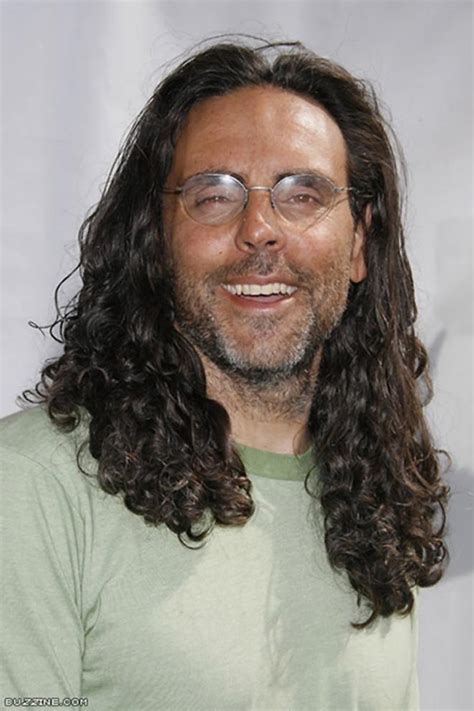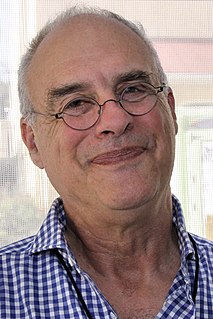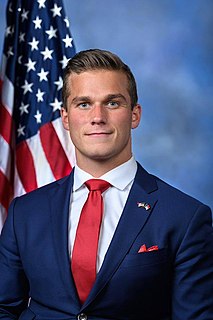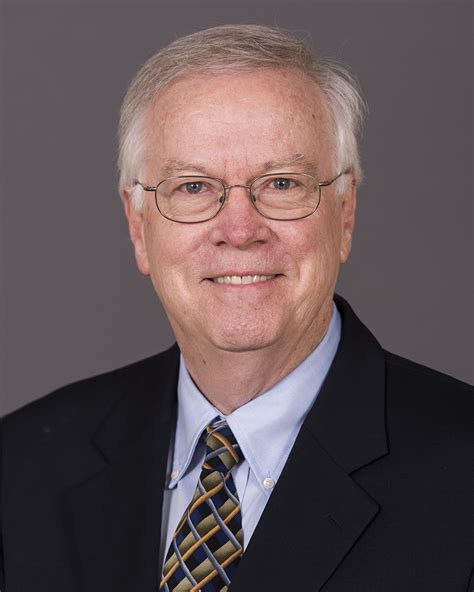A Quote by Louis O. Kelso
Most of us owe instead of own. And the less the economy needs our labor, the less able we are to "save" our way to capital ownership.
Related Quotes
The purpose of finance is to enable business to acquire the ownership of capital instruments before it has saved the funds to buy and pay for them. The logic used by business in investing is things that will pay for themselves is not today available to the 95% born without capital. Most of us owe instead of own. And the less the economy needs our labor, the less able we are to "save" our way to capital ownership.
Capital, and the question of who owns it and therefore reaps the benefit of its productiveness, is an extremely important issue that is complementary to the issue of full employment... I see these as twin pillars of our economy: Full employment of our labor resources and widespread ownership of our capital resources. Such twin pillars would go a long way in providing a firm underlying support for future economic growth that would be equitably shared.
The US economy, because it's so energy wasteful, is much less efficient than either the European or Japanese economies. It takes us twice as much energy to produce a unit of GDP as it does in Europe and Japan. So, we're fundamentally less efficient and therefore less competitive, and the sooner we begin to tighten up, the better it will be for our economy and society.
I place economy among the first and most important virtues and public debt as the greatest dangers to be feared. To preserve our independence, we must not let our rulers load us with perpetual debt. If we run into such debts, we must be taxed in our meat and drink, in our necessities and in our comforts, in our labor and in our amusements. If we can prevent the government from wasting the labor of the people, under the pretense of caring for them, they will be happy.
The less you eat, drink and read books; the less you go to the theatre, the dance hall, the public house; the less you think, love, theorize, sing, paint, fence, etc., the more you save-the greater becomes your treasure which neither moths nor dust will devour-your capital. The less you are, the more you have; the less you express your own life, the greater is your alienated life-the greater is the store of your estranged being.
Our own economy tells us to take as much as we can get, right? Our own economy says, you're going to be the most successful graduate if you go into the business world and take as much you can get. That's not how nature works. Nature has a much simpler economy. Everything in nature takes what it needs. That's it. You don't see an oak tree gathering up all the resources. An oak tree takes what it needs to be the authentic oak tree it is.
What does labor want? We want more schoolhouses and less jails; more books and less arsenals; more learning and less vice; more leisure and less greed; more justice and less revenge; in fact, more of the opportunities to cultivate our better natures, to make manhood more noble, womanhood more beautiful, and childhood more happy and bright.
In our concern for others, we worry less about ourselves. When we worry less about ourselves an experience of our own suffering is less intense. What does this tell us? Firstly, because our every action has a universal dimension, a potential impact on others' happiness, ethics are necessary as a means to ensure that we do not harm others. Secondly, it tells us that genuine happiness consists in those spiritual qualities of love, compassion, patience, tolerance and forgiveness and so on. For it is these which provide both for our happiness and others' happiness.
In the consumer culture of marriage, commitments last as long as the other person is meeting our needs. We still believe in commitment, because we know that committed relationships are good for us, but powerful voices coming from inside and outside tell us that we are suckers if we settle for less than we think we need and deserve in our marriage. Most baby boomers and their offspring carry in our heads the internalized voice of the consumer culture-to encourage us to stop working so hard or to get out of a marriage that is not meeting our current emotional needs.




































